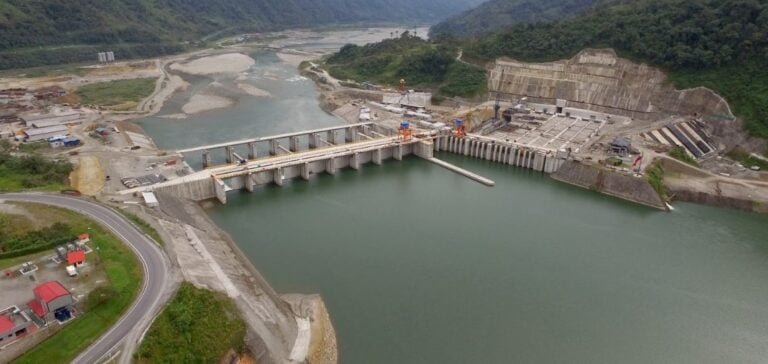Ecuador is facing an unprecedented hydroelectric deficit, forcing the government to take exceptional measures. After announcing a state of emergency on Wednesday, the Ecuadorian government ordered two days off to save energy. Thursday and Friday will be non-working days, allowing efficient rationing and essential maintenance of hydroelectric plants. This rare decision testifies to the seriousness of the country’s energy situation.
Details and implications of non-working days
The announced days off will help reduce energy consumption and prepare infrastructures to better meet future demand. In addition, they provide a much-needed respite to carry out repairs and improvements on critical facilities such as the Coca Codo Sinclair dam, which is currently suffering from a 40% production deficit.
Corruption and management context
This drastic measure follows revelations of corruption and concealment of information by senior civil servants, including outgoing minister Andrea Arrobo. These revelations have exacerbated the crisis, highlighting poor management and abuses that have compromised the integrity of the national power system.
Public and political reaction
The decision to take days off comes against a tense political backdrop, with accusations of sabotage linked to imminent electoral stakes. President Daniel Noboa directly linked these challenges to attempts at destabilization ahead of a crucial referendum on crime and drugs.
Beyond temporary rationing, these days off could initiate more far-reaching reforms in Ecuador’s hydroelectric power management. The current crisis highlights the need for greater oversight and transparency in the energy sector to prevent future shortages.






















